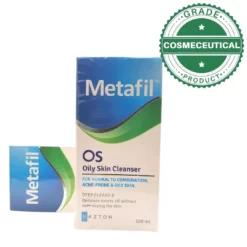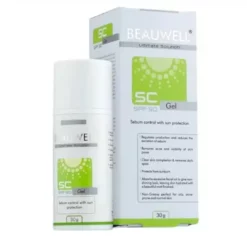Acne-prone skin refers to a skin type that exhibits a particular susceptibility to developing acne breakouts. This skin type exhibits an overproduction of sebum, the skin’s natural oil, which can clog pores and result in the formation of pimples, blackheads, whiteheads, and sometimes cysts or nodules. Many individuals experience accompanying inflammation, redness, and irritation, making it a source of frustration and self-consciousness.
Several factors can contribute to the development of acne-prone skin, including genetics, hormonal fluctuations, stress, diet, and skincare products. Hormonal changes, such as those experienced during puberty, menstruation, pregnancy, or menopause, can trigger increased sebum production and subsequent breakouts. Additionally, certain medications, cosmetics, and environmental factors, like humidity and pollution, can exacerbate acne symptoms.
Effectively managing acne-prone skin typically involves a combination of gentle cleansing, exfoliation, and targeted treatments aimed at unclogging pores, reducing inflammation, and controlling oil production. It is essential to select skincare products that are non-comedogenic and do not further clog pores. Commonly used ingredients like salicylic acid, benzoyl peroxide, retinoids, and niacinamide are employed to address acne and its underlying causes.
Developing a consistent skincare routine and seeking guidance from a dermatologist can aid individuals in effectively managing acne-prone skin and improving their complexion over time.





